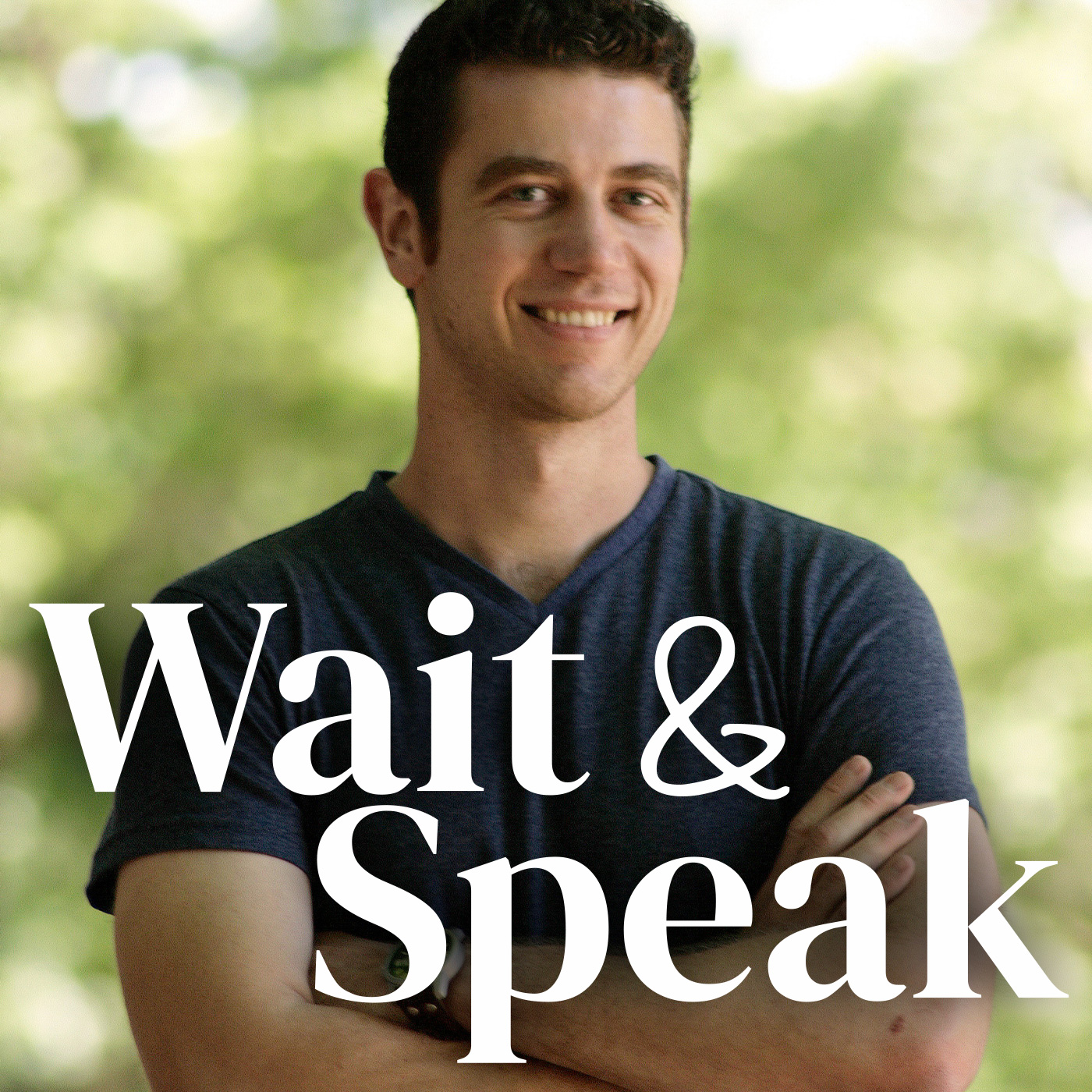
2.4K
Downloads
32
Episodes
My name is Requier Wait, I speak with business and academic experts about strategy, economics, and entrepreneurship. I am an economist by training, my advisory work includes support across strategy, economics and market research. I created this podcast to learn from experts and to share their insights with my listeners.
Episodes
Sunday Aug 02, 2020
#11 Special episode - Karate as a martial art: Lessons for life & business
Sunday Aug 02, 2020
Sunday Aug 02, 2020
I spoke with Senseis Lars Niehaus and Stephan Steyn about karate as a martial art. The discussion covered the purpose and development of karate, the focus of traditional karate, the guiding principles of karate (dojo kun), advice for parents and adult beginners, what it takes to be a good karateka and much more!
Sensei Lars Bio: I started karate in or about September 1981 while studying at University in Pietermaritzburg. I joined the university karate club which was headed up by an instructor called Peter Schoerie who, in turn fell under Sensei Rob Ferriere. My introduction into the martial (and fighting) arts began at age 8 or 9 when my late father, a judoka, took me to boxing at the Hugenote Amateur Boxing Club under the tutelage of the late “Oom” Naas Botes. Oom Naas was a very strict and hard taskmaster but he loved his boys and taught us good values. The club was (and still is) situated at the Brixton Recreation Centre in south-western Johannesburg. I loved boxing.
It was during this time that I met Sensei Stan Schmidt at the home of some boyhood friends of mine. Their father was also a judoka. It was then that the seed was planted that I wanted to do karate and remain involved in the fighting arts scene for the rest of my life. I had no idea how I would get there or anything like that, but I just knew it would happen. Why I stopped boxing (something I was very upset about) is because I had to go to boarding school in Kwa-Zulu Natal at the age of 11. Fast forward to sometime during 1981 and the University of Kwa-Zulu Natal Pietermaritzburg Law Library – I was sitting next to another guy studying. During a short break, we introduced ourselves to one another and he turned out to be Peter Schoerie. For some reason, the conversation turned to fighting and karate. I told him that I wanted to start karate and had no idea where. He told me he was the one to talk to and that is where my karate career started.
I was terrible at the beginning. In fact, when it came time to attempt my grade for 8th kyu (yellow belt) a few months later, Sensei Rob Ferriere – who scared the hell out of me with his Mexican Zapata-style moustache and French-Mauritian accent – I failed. Sensei Rob’s comment “not ready yet…”. I did soldier on and, subsequent to moving to Johannesburg and being told by the late Sensei Derrick Geyer to report to the morning class (Sensei Stan Schmidt’s Early Birds class) while I was still a purple belt in 1986, I attained the rank of shodan (first dan) in March 1987. I have continued training over the years and currently hold the rank of Godan (fifth dan) and run my own dojo (school) in Rivonia, northern Johannesburg.
Sensei Stephan Bio: Stephan is a Japanese registered 4th Dan (Yondan) instructor in the World Shotokan Karate-do Federation with both national and international competition experience. His karate career spans over 26 years of training with top class senior Shotokan instructors. Highlights of the almost three decades include Shodan grading at the age of 16 (Malcolm Dorfman Sensei), representing South Africa at the KWF World Championships in Norway (2009), being part of the Student National WKF team competing at the student World championships in Slovakia (2012) and receiving Yondan from Hitoshi Kasuya Sensei in 2016. Stephan teaches at their Potchefstroom dojo with his wife, also a Yondan instructor. They believe in not only teaching the physical aspects of karate but also the use of karate principles to improve each student's abilities and the application of these principles in all areas of life.
The dojo kun (training hall rules) - Guiding Principles of Karate:
1) Character
Hitotsu, jinkaku kansei ni tsutomeru koto
Strive for the perfection of character
2) Sincerity
Hitotsu, makoto no michi wo mamoru koto
Protect the way of the truth
3) Effort
Hitotsu, doryoku no seishin wo yashinau koto
Foster the effort of spirit
4) Etiquette
Hitotsu, reigi wo omonzuru koto
Respect the principles of etiquette
5) Self control
Hitotsu, kekki no yū wo imashimuru koto
Guard against impetuous courage
“Karate is in your head”- Sensei Rob Ferriere: Some reading on psychology and getting into the “zone”:
Karageorghis, C. I., & Terry, P. C. (2011). Inside sport psychology. Champaign, IL: Human Kinetics.
Evans, C. (2019). Perform Under Pressure. HarperCollins.
YouTube resource:
Jesse Enkamp: https://www.youtube.com/channel/UCRIeMHsEdzA9RroG19kXdYg

No comments yet. Be the first to say something!